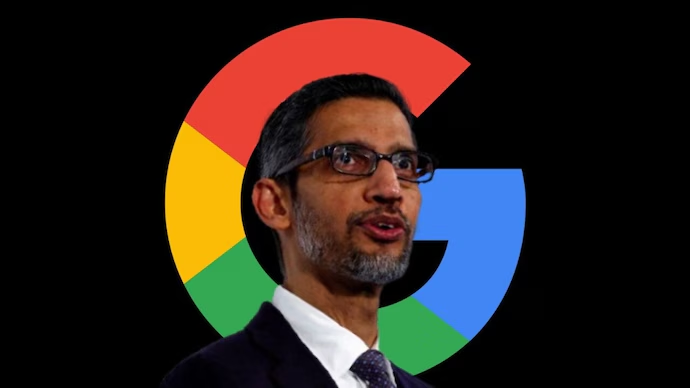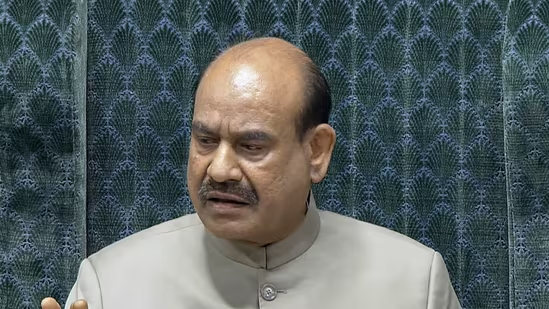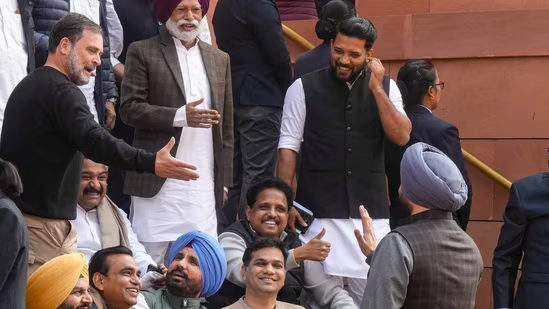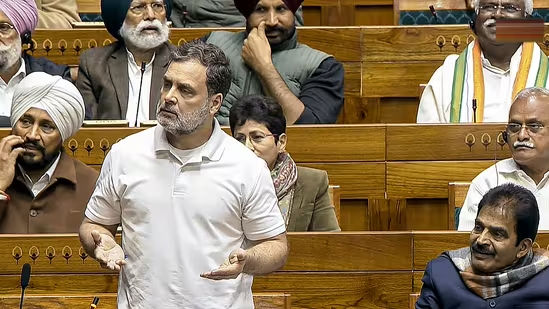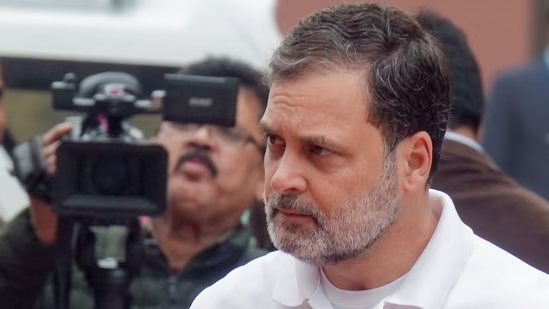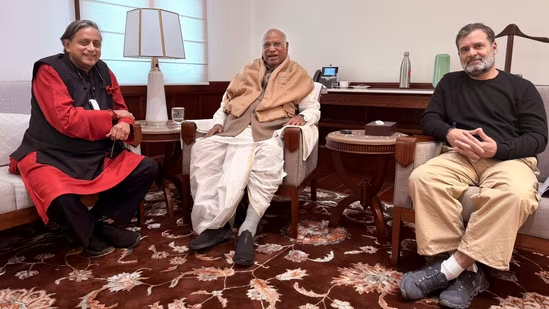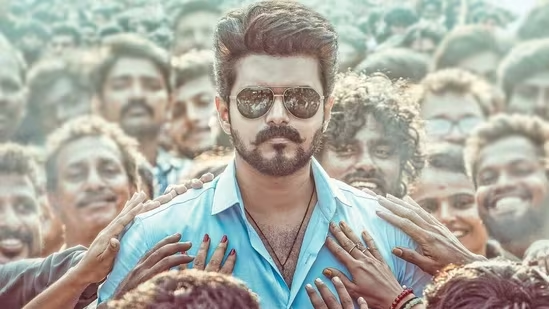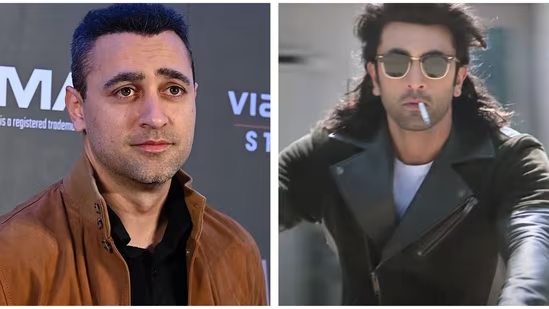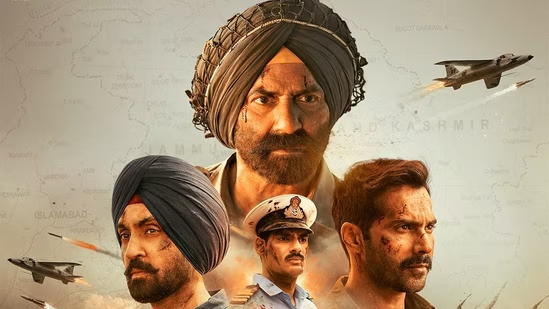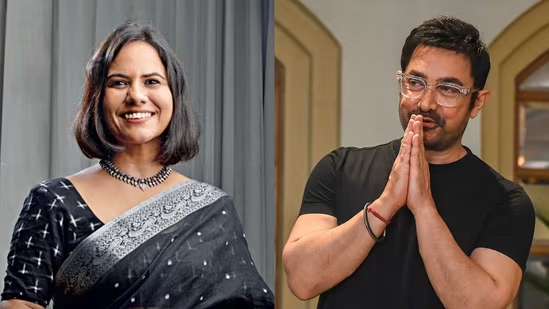When OpenAI rolled out ChatGPT in late 2022, it was more than just another tech launch; it was a wake-up call for the entire industry. Practically overnight, the chatbot became the poster child for the new AI era, leaving even industry veterans scrambling to keep up. Google, the long-time torchbearer of artificial intelligence, suddenly found itself playing catch-up with, as CEO Sundar Pichai described it, “this little company in San Francisco called OpenAI” that had come out swinging with “this product ChatGPT.”
According to Business Insider, Pichai candidly reflected on this turning point during Salesforce’s Dreamforce conference. “But you’re right, credit to OpenAI, they put it out first,” he admitted, a rare acknowledgement from the head of a company used to leading the pack. The moment triggered what insiders dubbed a “code red” within Google. Teams were shuffled, priorities reshuffled, and the race to push Google’s AI ambitions into overdrive officially began.
Pichai likened the sudden industry shift to other inflection points he’d witnessed in tech history, moments when innovation upended everything overnight. “For me, when ChatGPT launched, contrary to what people outside felt, I was excited because I knew the window had shifted,” he said. It wasn’t panic he felt, it was opportunity. The kind that forces a company to evolve or risk becoming irrelevant.
Google was in line to launch its AI
What many didn’t realise was that Google had its own conversational AI quietly waiting in the wings. Pichai revealed that the company was already developing advanced chatbot technology and the massive computing backbone to support it. “We knew in a different world, we would’ve probably launched our chatbot maybe a few months down the line,” he said. The timing wasn’t off due to a lack of capability, but because of Google’s reluctance to move without thorough testing.
That restraint stemmed from caution, not complacency. Pichai admitted Google was wary of the “reputational risk” that came with rushing out a generative AI tool before it was bulletproof. For a company that had built its empire on trust and reliability, the potential fallout of missteps loomed large. OpenAI, meanwhile, chose a more daring route, throwing ChatGPT into the wild and fine-tuning it in public view.
But Google wasn’t about to stay silent for long. In March 2023, the company debuted Bard, its own AI chatbot that would later evolve into Gemini. The launch signalled Google’s formal re-entry into the AI conversation, and its refusal to let anyone else define the future of artificial intelligence. Bard represented not only a technological response but also a philosophical one: Google could be bold too, but on its own terms.
In the aftermath, the company poured resources and focus into its AI roadmap. What had started as an urgent internal shake-up transformed into a renewed mission. Behind the scenes, teams worked at a blistering pace, while the public messaging remained cautious and deliberate.
Pichai’s reflections capture the essence of the high-stakes rivalry shaping the AI industry today. ChatGPT didn’t just challenge Google’s technical supremacy, it reignited its competitive fire. What began as a startling disruption has turned into a defining chapter in the battle for AI dominance.
If OpenAI lit the fuse, Google has made it clear it’s still very much in the game, armed, ready, and learning from its so-called “code red.” Because in this new AI era, even the biggest players have to move fast, or risk being outsmarted by the upstarts.
